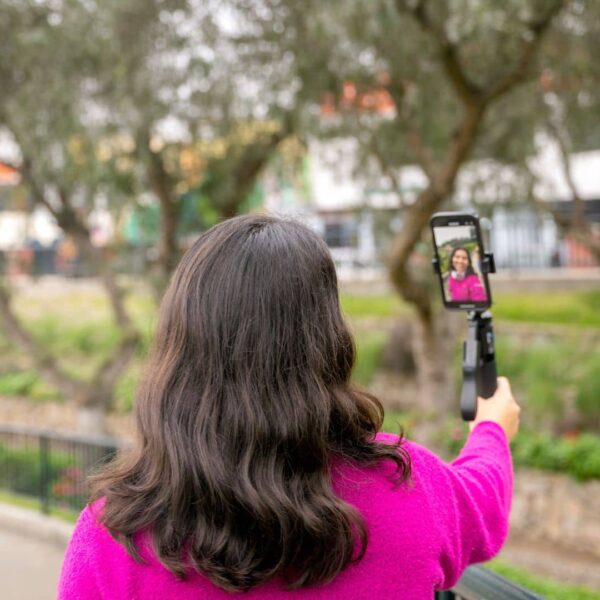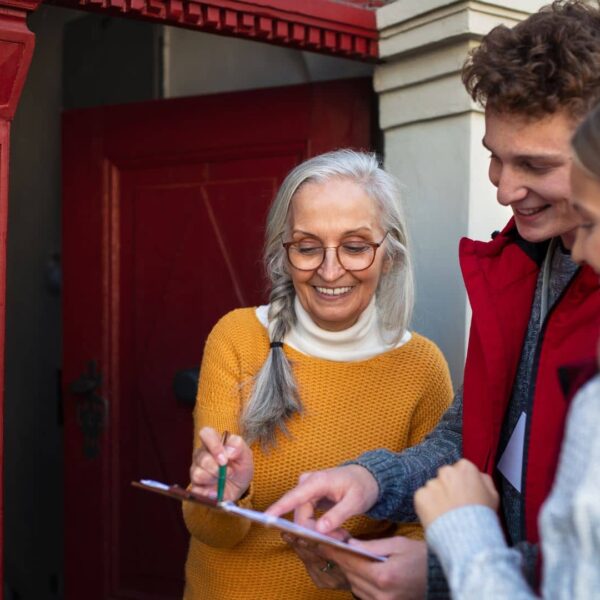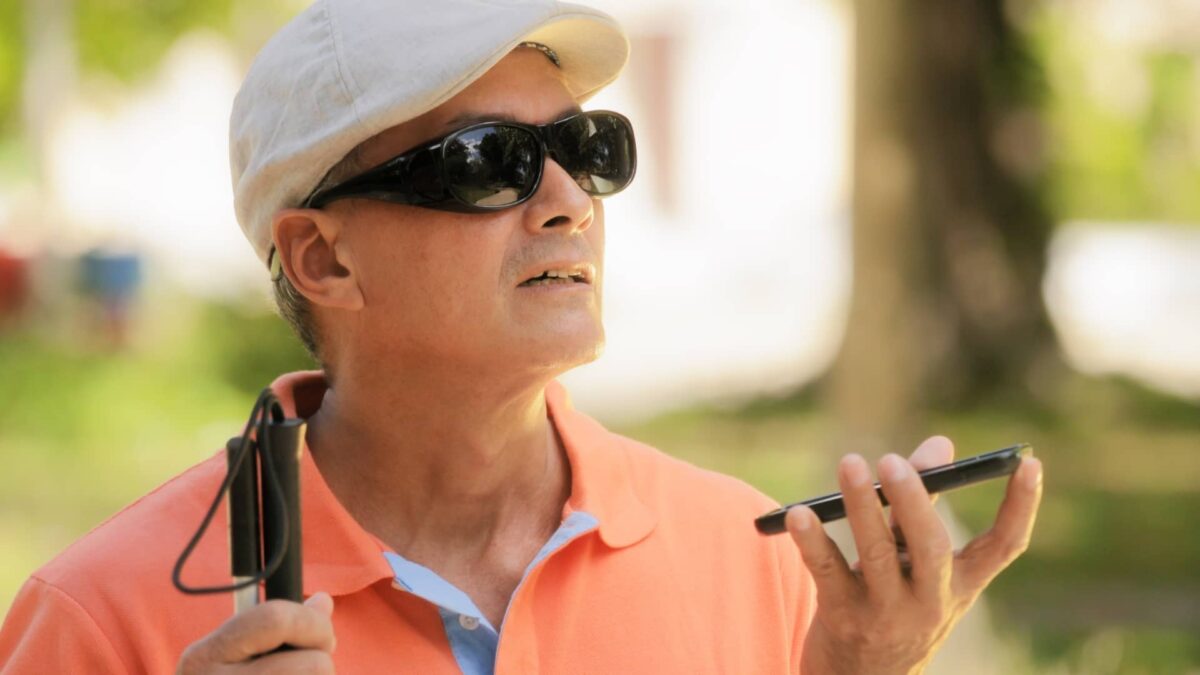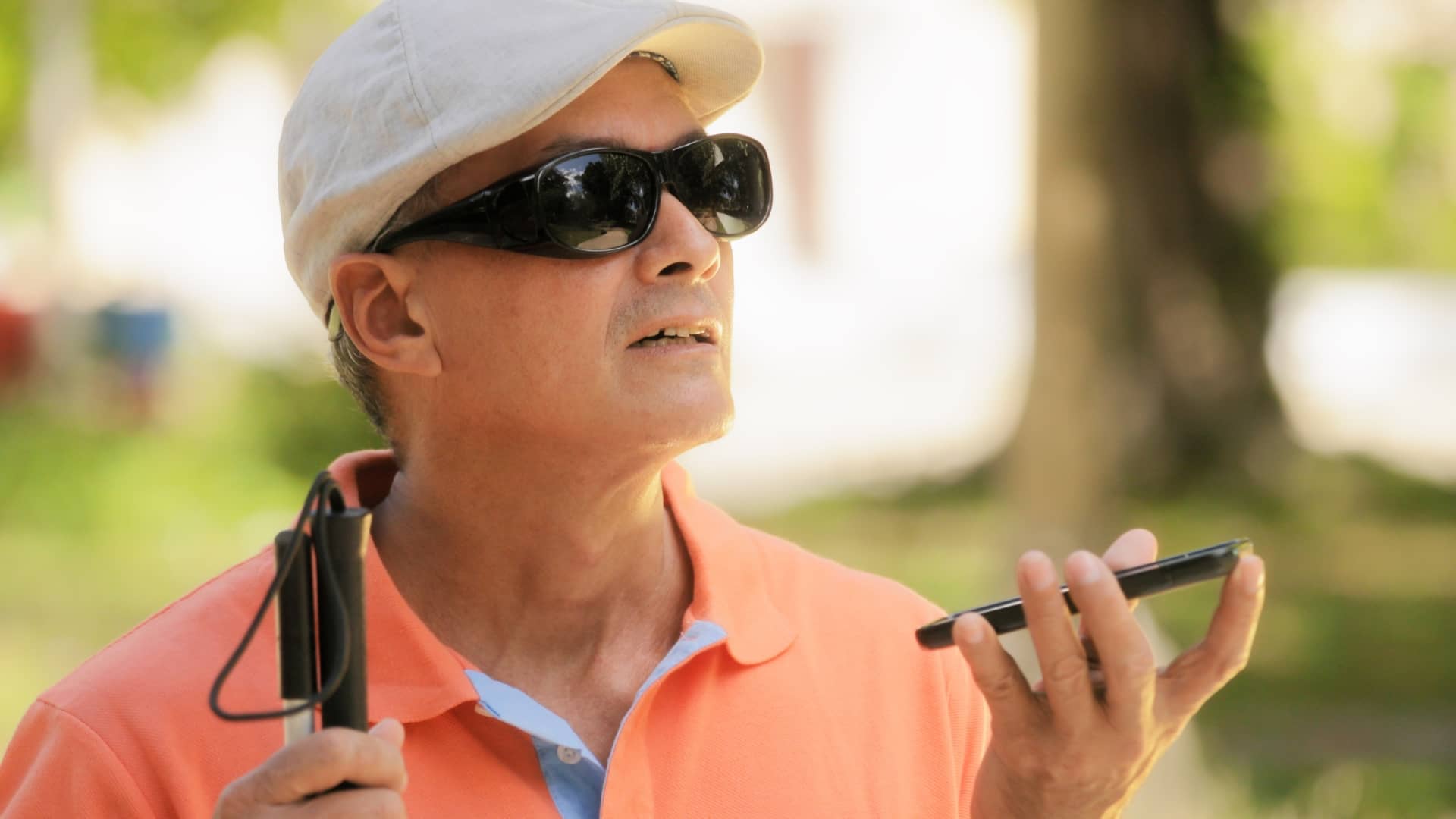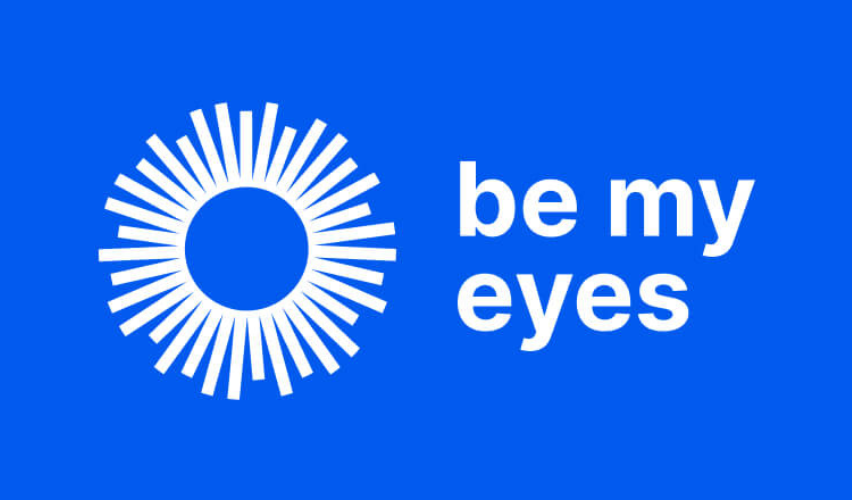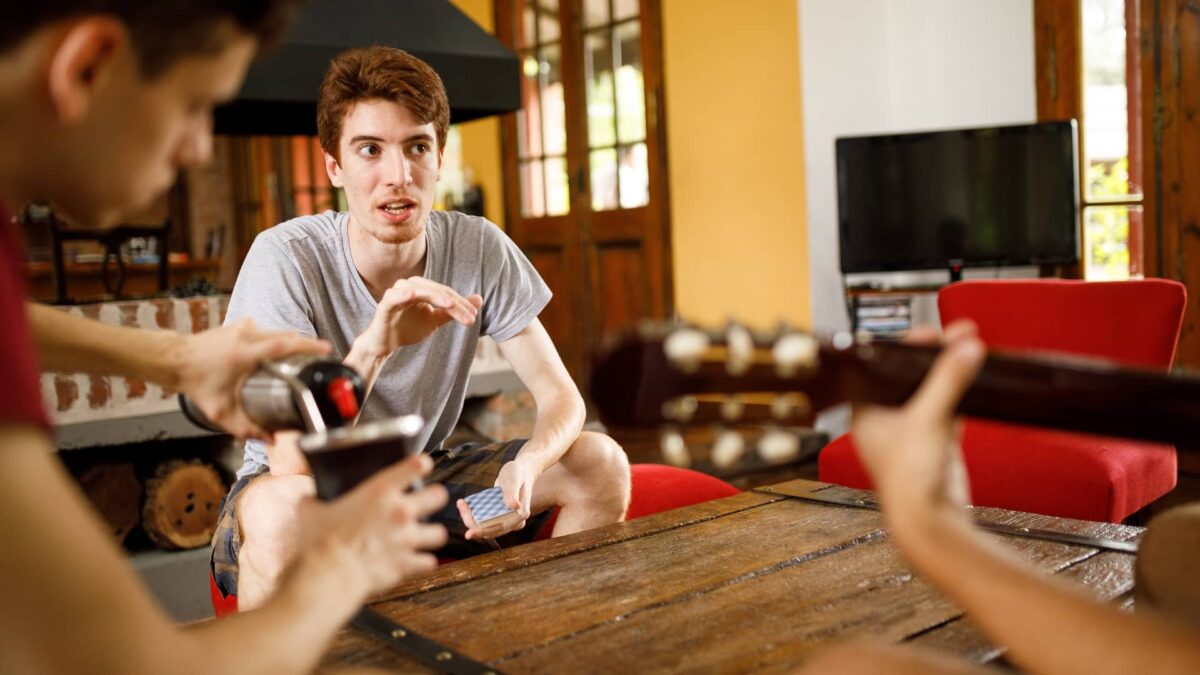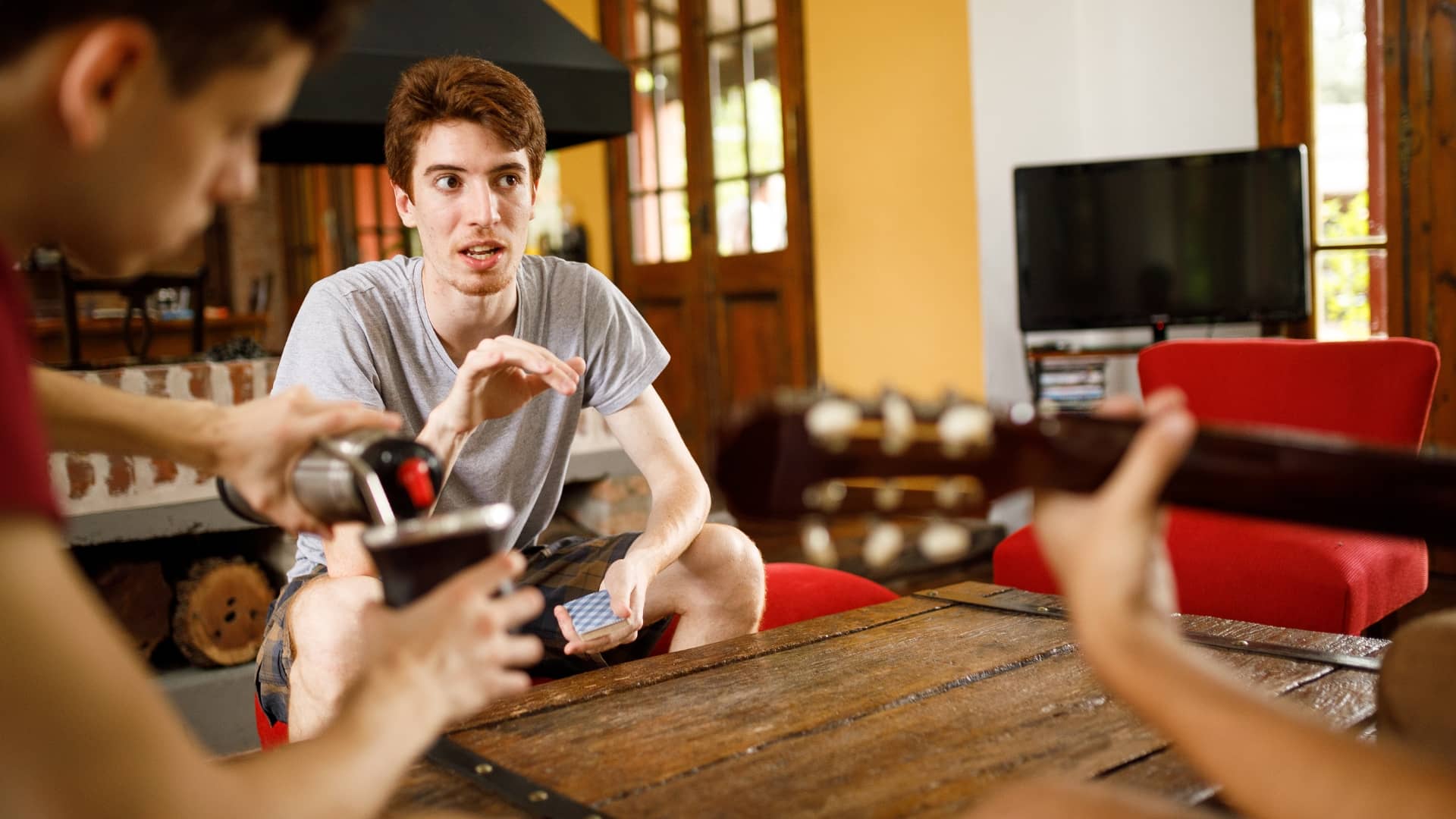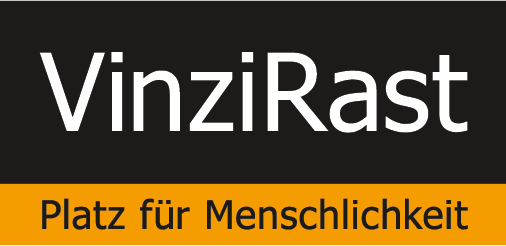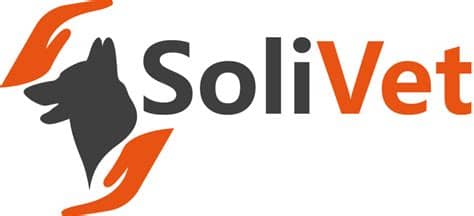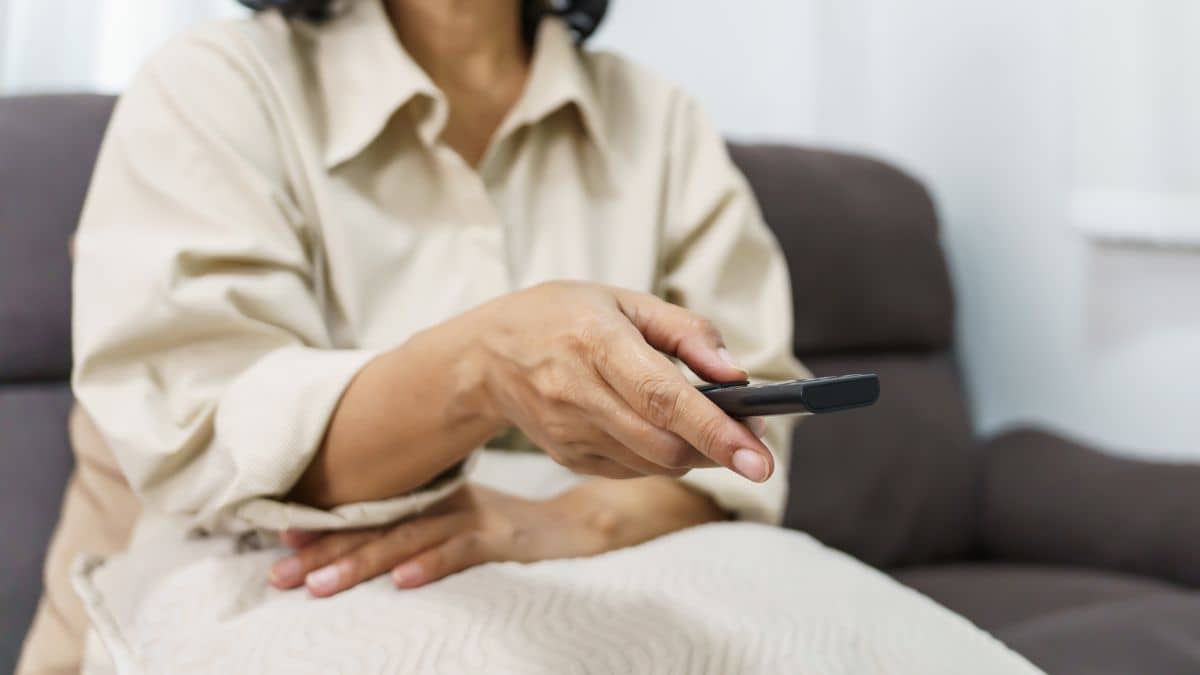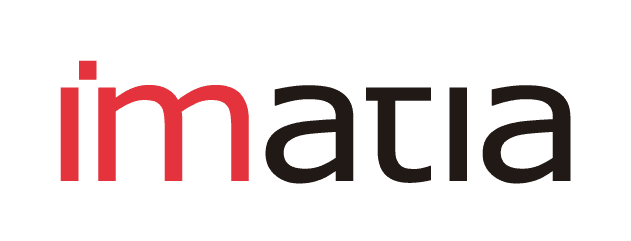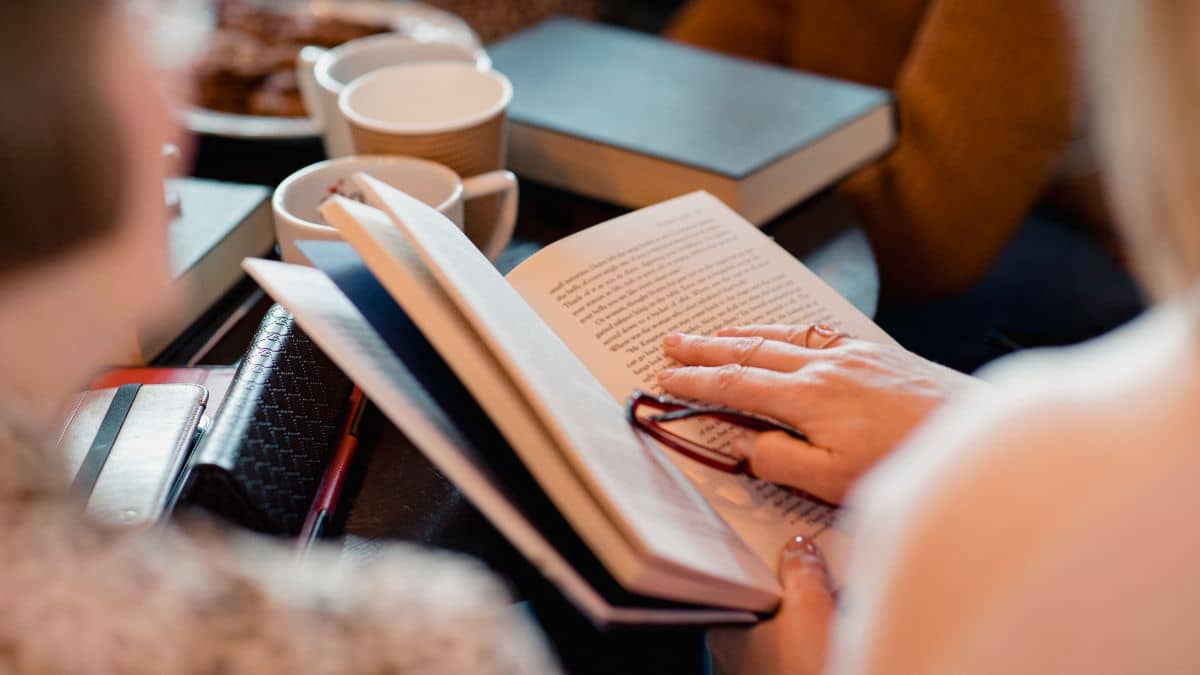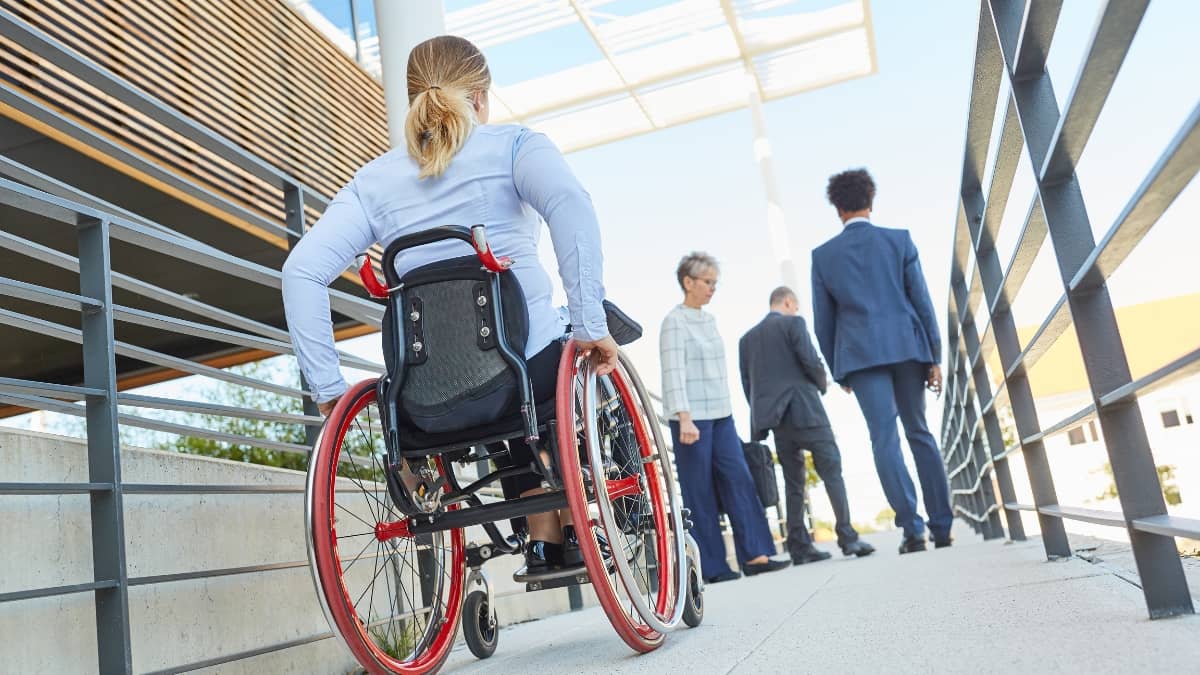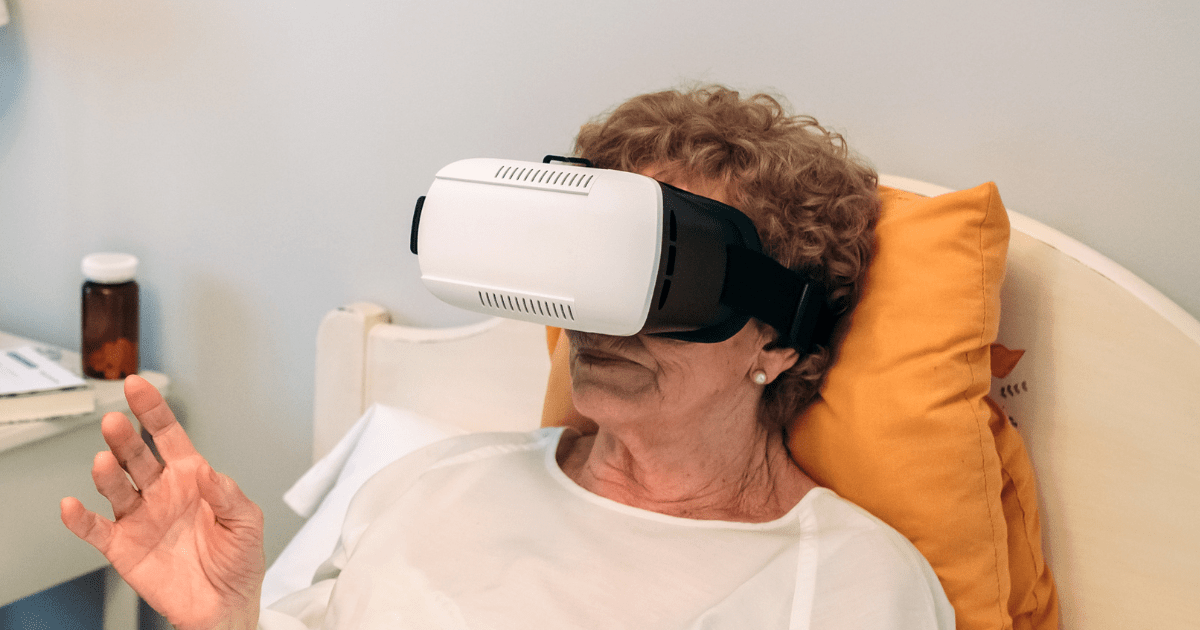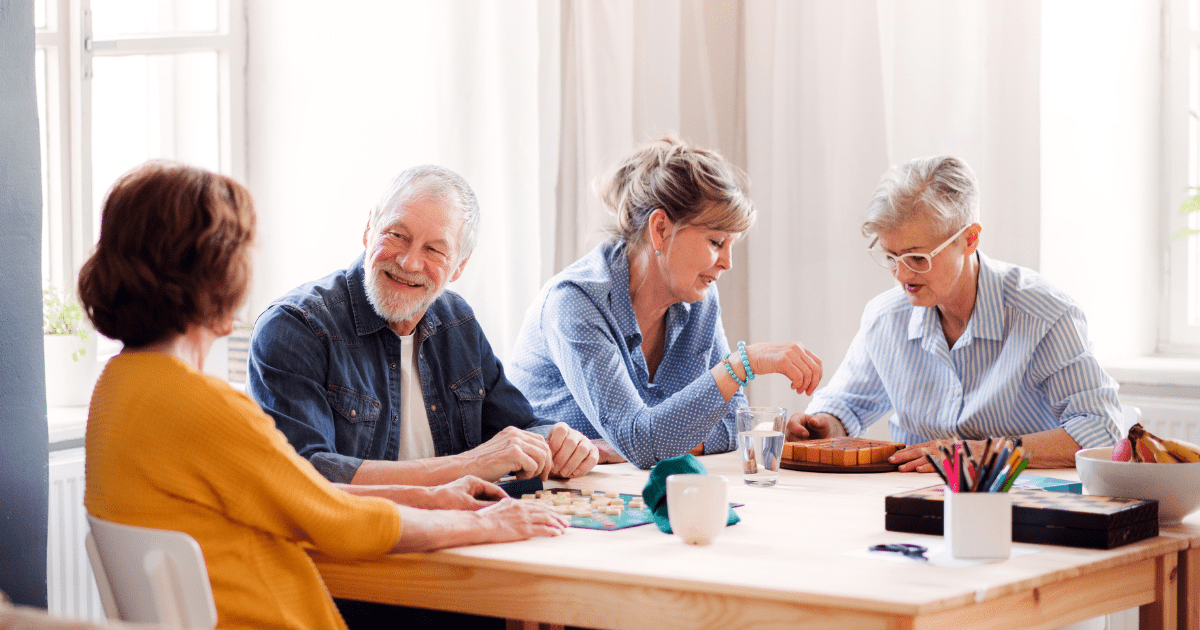Suport entre Iguals, Peer Support for Recovery in Mental Health
Suport entre Iguals, Peer Support for Recovery in Mental Health
Fundació Drissa
A pioneering peer-support initiative in Catalonia offering lived-experience assistance for people with severe mental health conditions

The “Suport entre Iguals” project is designed to empower individuals with severe mental health conditions by offering support from peers who have undergone similar experiences. Built on the concept of the “Pacient Expert by Experience” model, the initiative seeks to transform how mental-health recovery is approached, shifting from purely professional-led support to lived-experience-driven connection. Through structured training and practice, the project trains participants who have experienced mental health challenges to act as supporters and guides to others in their recovery journeys.
The process begins with a cohort of around ten participants undergoing 160 hours of training, including theoretical content and practical placements within community rehabilitation services of the Institute of Healthcare (known as IAS). After this preparation phase, the peer-experts begin delivering a series of twelve‐session workshops to approximately one hundred users of the mental-health network in the Girona region. The topics covered include recovery skills, crisis prevention and management, creation of personal support networks, empowerment and self-determination.
The project situates itself within a wider regional model of community-based mental-health care and intends to reduce reliance on long-stay institutional settings. It also incorporates a digital monitoring component via messaging support and AI-enabled interaction to follow up on user needs and crisis risks. By acknowledging the value of lived experience and mutual support, the project emphasizes dignity, human rights, and community inclusion for people with psychosocial disabilities.
Characteristics of innovation
Location
Catalonia
Partners/ Founders
Institut d’Assistència Sanitària (IAS), Hub d’Innovació Social i Sanitària (HISS) – Catalonia, Fundació Support‑Girona, Associació Família i Salut Mental de les Comarques Gironines
Genesis
The initiative was developed by Fundació Drissa in partnership with the Institute of Healthcare (IAS) in response to the need for more community-based, recovery-oriented mental-health models in Catalonia. Using the “Pacient Expert per l’Experiència (PEP)” methodology, the project was built to train and deploy peer experts who have themselves lived through mental health challenges, and to embed mutual-support practices into local services.
Implementation level
The pilot phase involves the training of ten peer-experts, the delivery of workshops to around one hundred users, and the integration of digital follow-up interactions (targeting over 200 interactions per week). Impact measurement is underway using standardized tools: the EQ-5D-5L for quality of life, NEL for empowerment, and MARS12 for recovery progression. The project aims for a 10 % improvement in quality of life and empowerment, and at least 75 % of participants advancing at least one stage in their recovery process.
Banc d’innovacions



